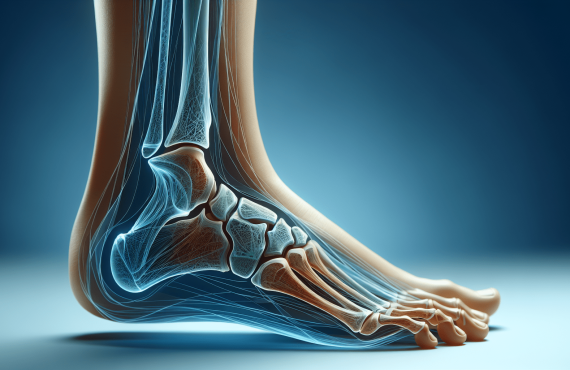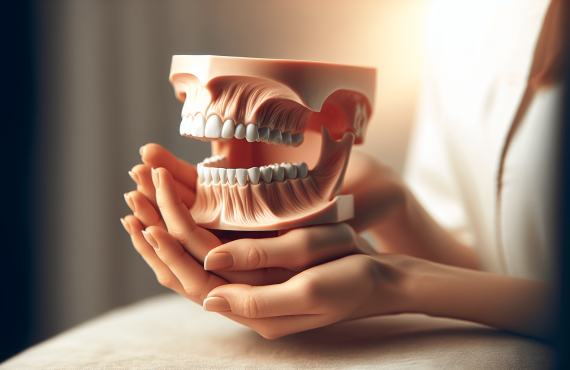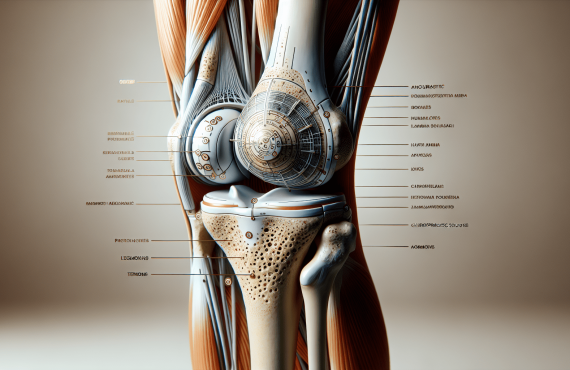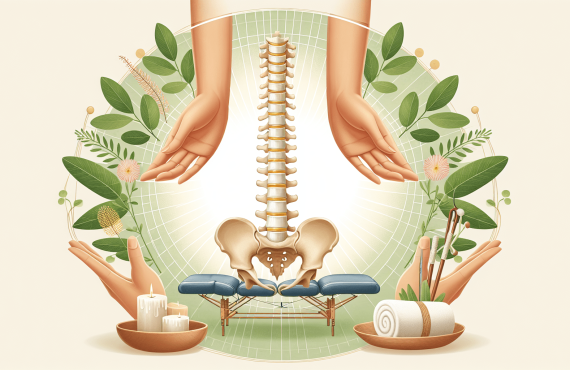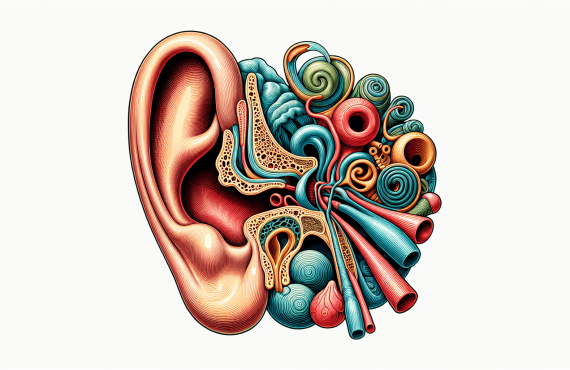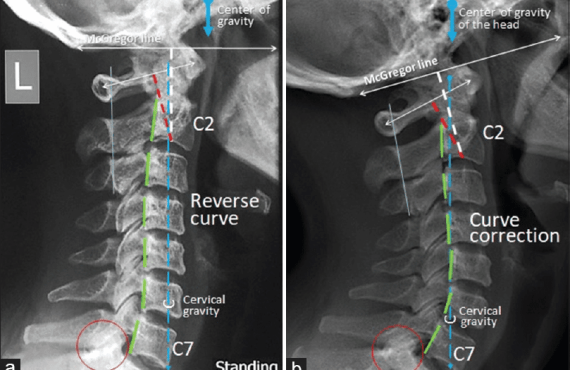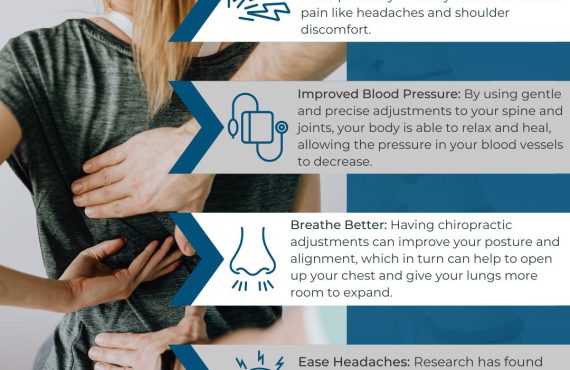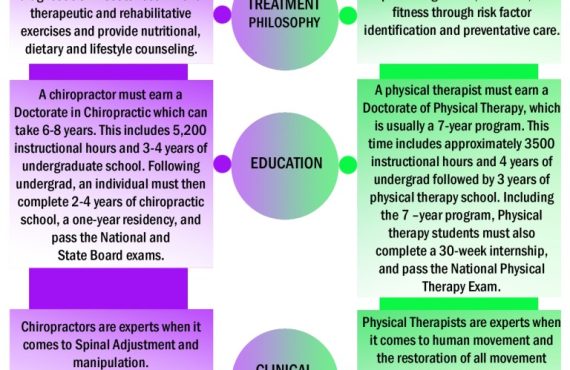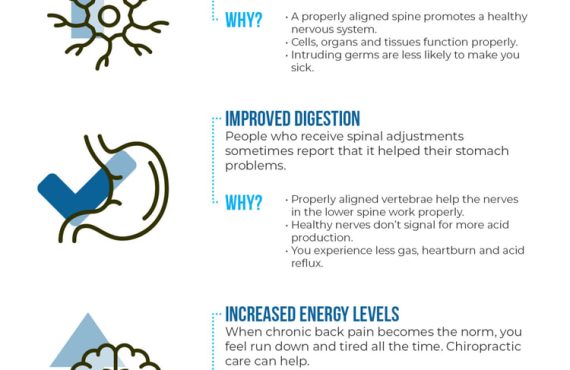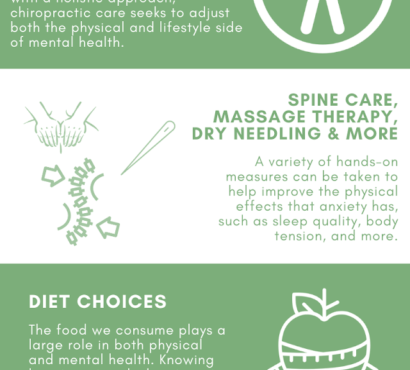Are you tired of waking up feeling groggy and unrested? Look no further than Henry Chiropractic for all your sleep-related needs. Owned and operated by Dr. Craig Henry, a licensed chiropractor with a passion for improving health and well-being, Henry Chiropractic is here to help you get the good night’s sleep you deserve. Alongside Dr. Henry is Dr. Aaron Hixon, a board-certified chiropractor and licensed physician, ready to provide you with the best care possible. Whether you’re struggling with back pain or simply want to wake up feeling refreshed, these chiropractic tips for a better night’s sleep will transform your sleep routine and leave you feeling rejuvenated.
Table of Contents
Importance of a Good Night’s Sleep
Getting a good night’s sleep is essential for overall health and well-being. Quality sleep plays a vital role in maintaining physical and mental health, as well as improving cognitive function and productivity during the day. On the other hand, poor sleep can have numerous negative consequences on your health and daily life.
Benefits of Quality Sleep
Quality sleep provides a range of benefits that positively impact your physical and mental health. When you get enough sleep, you give your body the time it needs to rest and rejuvenate, allowing it to repair and recover from the day’s activities. Here are some key benefits of quality sleep:
-
Improved cognitive function: A good night’s sleep enhances attention, concentration, problem-solving abilities, and overall mental performance.
-
Enhanced mood and emotional well-being: Sufficient sleep helps regulate emotions, reduces irritability, and promotes a positive outlook on life.
-
Strengthened immune system: Sleep plays a crucial role in maintaining a healthy immune system, reducing the risk of infections and diseases.
-
Increased physical performance: Quality sleep improves athletic performance, coordination, and muscle recovery.
-
Better cardiovascular health: Sufficient sleep helps regulate blood pressure and reduce the risk of heart disease.
Consequences of Poor Sleep
On the other hand, consistent lack of quality sleep can have several negative consequences on your overall health and well-being. Here are some common consequences of poor sleep:
-
Daytime fatigue and decreased productivity: Poor sleep can lead to daytime sleepiness and reduced ability to focus, resulting in decreased productivity in daily activities.
-
Increased risk of accidents: Sleep deprivation can impair cognitive function and reaction time, increasing the risk of accidents and injuries.
-
Weight gain and obesity: Lack of sleep disrupts the balance of appetite-regulating hormones, leading to increased cravings for unhealthy foods and weight gain.
-
Weakened immune system: Chronic sleep deprivation can weaken the immune system, making you more susceptible to infections and illnesses.
-
Mental health issues: Insufficient sleep is associated with an increased risk of mood disorders such as depression and anxiety.
Common Sleep Problems
Understanding common sleep problems can help identify potential issues and seek appropriate solutions. Here are some of the most common sleep problems:
Insomnia
Insomnia refers to difficulty falling asleep or staying asleep, leading to inadequate sleep duration and quality. It can be caused by various factors such as stress, anxiety, underlying health conditions, or poor sleep habits.
Sleep Apnea
Sleep apnea is a sleep disorder characterized by repeated pauses in breathing during sleep. These pauses can occur due to blocked airways, leading to disrupted sleep and oxygen deprivation. Sleep apnea is often accompanied by loud snoring and daytime sleepiness.
Restless Leg Syndrome
Restless leg syndrome (RLS) is a neurological disorder that causes uncomfortable sensations in the legs, leading to an uncontrollable urge to move them. These sensations typically worsen at night, leading to difficulty falling asleep and disrupted sleep.
Narcolepsy
Narcolepsy is a neurological disorder that affects the brain’s ability to regulate sleep-wake cycles. It is characterized by excessive daytime sleepiness, sudden sleep attacks, and episodes of muscle weakness or paralysis triggered by strong emotions.
Role of Chiropractic Care in Sleep Improvement
Chiropractic care is a holistic approach to healthcare that focuses on the body’s structure, particularly the spine, and its relationship to overall health. While chiropractic care is commonly associated with treating musculoskeletal conditions like back pain, it can also play a significant role in improving sleep quality.
Understanding Chiropractic Care
Chiropractic care involves the use of manual adjustments or spinal manipulations to restore proper alignment and function to the body’s musculoskeletal system. Chiropractors believe that misalignments or restrictions in the spine can interfere with the body’s natural healing ability and overall well-being.
How it can help with sleep
When it comes to sleep improvement, chiropractic care focuses on the alignment of the spine and the nervous system. By ensuring proper alignment of the spine, chiropractors can help reduce tension and stress in the body, promote relaxation, and optimize the body’s natural sleep processes.
Chiropractic adjustments can also address imbalances in the musculoskeletal system that may contribute to sleep problems. For example, misalignments in the neck or upper back can cause discomfort and restrict breathing, leading to sleep disturbances.
Scientific evidence supporting chiropractic care for sleep
While more comprehensive research is still needed, several studies have suggested that chiropractic care can have a positive impact on sleep quality and duration. A study published in the Journal of Manipulative and Physiological Therapeutics found that participants who received chiropractic care reported improvements in their sleep patterns and reduced sleep disturbances.
Another study published in the Journal of Chiropractic Medicine found that participants who underwent chiropractic adjustments experienced improvements in both sleep quality and overall well-being.
The benefits of chiropractic care for sleep improvement are likely attributed to its ability to reduce musculoskeletal tension, improve spinal alignment, and promote overall relaxation.
Recommendations for Optimal Sleep Position
The position you sleep in can significantly impact your spinal health and overall sleep quality. Here are some recommendations for optimal sleep positions:
Best sleep position for spinal alignment
Sleeping on your back with a pillow supporting your neck and a small pillow or rolled towel under your knees can help maintain the natural curve of your spine. This position provides adequate support to the neck and promotes proper alignment of the spine.
Worst sleep positions for spinal health
Sleeping on your stomach can strain your neck and spine, as it often requires twisting your head to the side. This position can lead to discomfort and potential misalignments. Sleeping on your side without proper support can also cause spinal misalignments, especially if your shoulder sinks too much into the mattress.
Pillow Selection Tips
Choosing the right pillow is crucial for proper neck and spinal support during sleep. Here are some tips for selecting the right pillow:
Choosing the right pillow for proper support
Consider your sleeping position when choosing a pillow. Back sleepers may benefit from a medium-firm pillow that supports the natural curvature of the neck. Side sleepers may prefer a firmer pillow that keeps the head and neck aligned with the spine. Stomach sleepers should opt for a thin or soft pillow to minimize strain on the neck.
Adjustable pillows for personalized comfort
Some pillows offer adjustable features, such as removable inserts or inflatable components, allowing you to customize the height and firmness according to your preferences and sleeping position. Adjustable pillows can be a great option for individuals seeking personalized comfort and support.
Mattress Considerations
The right mattress can significantly impact your sleep quality and spinal health. Here are some considerations when choosing a mattress:
Importance of mattress firmness
The firmness level of a mattress plays a crucial role in providing proper support to the spine. A mattress that is too firm can create pressure points, while a mattress that is too soft may not properly support the natural curves of the body. Opt for a mattress that offers a balance of support and comfort.
Memory foam vs. innerspring mattresses
Memory foam mattresses are known for their ability to contour to the body, providing even support and minimizing pressure points. Innerspring mattresses, on the other hand, offer more bounce and responsiveness. Choose a mattress that suits your preferences and provides adequate support for your spine.
Choosing the right mattress for individual needs
Consider your specific needs when choosing a mattress. If you have back pain or specific orthopedic concerns, consult with a chiropractor or healthcare professional for recommendations. Testing different mattresses in-person and paying attention to the level of support and comfort they provide can also be helpful in finding the right fit.
Relaxation Techniques for Better Sleep
Incorporating relaxation techniques into your bedtime routine can help prepare your mind and body for a restful sleep. Here are some relaxation techniques to try:
Deep breathing exercises
Deep breathing exercises, such as diaphragmatic breathing, can help activate the relaxation response in your body. Practice slow, deep breaths in through your nose and out through your mouth, focusing on relaxing your muscles and releasing tension.
Progressive muscle relaxation
Progressive muscle relaxation involves systematically tensing and relaxing various muscle groups to promote relaxation. Start from your toes and work your way up to your head, tensing and releasing each muscle group for a few seconds. This technique helps release physical tension and prepares the body for sleep.
Meditation and mindfulness practices
Engaging in meditation or mindfulness practices before bed can help calm your mind and induce relaxation. Find a quiet and comfortable spot, close your eyes, and focus on your breath or a specific mantra or visualization. These practices can help quiet racing thoughts and promote a sense of tranquility.
Lifestyle Changes to Promote Better Sleep
In addition to chiropractic care and relaxation techniques, certain lifestyle changes can significantly impact your sleep quality. Here are some recommendations for promoting better sleep:
Establishing a consistent sleep schedule
Maintaining a regular sleep schedule can help regulate your body’s internal clock and optimize sleep quality. Aim to go to bed and wake up at the same time each day, even on weekends. This consistency can help train your body to recognize when it’s time to sleep and wake up.
Creating a sleep-friendly environment
Creating a sleep-friendly environment can enhance your ability to fall asleep and stay asleep. Ensure your bedroom is cool, dark, and quiet. Consider using blackout curtains, earplugs, or a white noise machine to minimize external disturbances. Invest in a comfortable mattress, pillows, and bedding to maximize comfort.
Limiting exposure to electronic devices before bed
The blue light emitted by electronic devices, such as smartphones and tablets, can interfere with your sleep-wake cycle. Limit screen time in the evening, especially in the hour leading up to bedtime. Instead, engage in relaxing activities such as reading a book, taking a warm bath, or practicing gentle stretching.
Dietary Recommendations for a Restful Sleep
What you eat and drink can significantly impact your sleep quality. Here are some dietary recommendations for a restful sleep:
Avoiding caffeine and heavy meals before bedtime
Caffeine is a stimulant that can interfere with your ability to fall asleep. Limit or avoid consuming caffeine, such as coffee, tea, energy drinks, and chocolate, in the late afternoon and evening. Additionally, consuming heavy or spicy meals close to bedtime can cause discomfort and disrupt sleep.
Incorporating sleep-promoting foods into the diet
Certain foods contain nutrients that can promote better sleep. Consider incorporating sleep-promoting foods into your diet, such as cherries, kiwis, bananas, almonds, walnuts, turkey, yogurt, and herbal teas like chamomile or lavender. These foods contain compounds that support sleep regulation and relaxation.
Seeking Chiropractic Care for Sleep Troubles
If you are experiencing sleep troubles and other sleep-improving strategies have not been effective, it may be beneficial to seek chiropractic care. Chiropractors, such as Dr. Craig Henry and Dr. Aaron Hixon at Henry Chiropractic in Pensacola, Florida, can offer customized treatment plans to address your specific needs.
Consultation with a chiropractor
During an initial consultation with a chiropractor, they will assess your overall health, discuss your sleep concerns and habits, and perform a comprehensive examination. This evaluation helps identify any underlying musculoskeletal issues that may be contributing to your sleep problems.
Customized treatment plans for sleep improvement
Based on the assessment findings, chiropractors will develop a customized treatment plan to address your sleep concerns. This may include manual adjustments, spinal manipulations, soft tissue therapies, and lifestyle recommendations tailored to your specific needs.
Follow-up care and maintenance
Chiropractic care for sleep improvement often involves ongoing treatment to achieve long-lasting results. Regular follow-up appointments allow chiropractors to monitor your progress, make adjustments to the treatment plan if necessary, and provide preventive care to help maintain optimal spinal health and sleep quality.
In conclusion, a good night’s sleep is crucial for your overall health and well-being. By understanding the benefits of quality sleep, common sleep problems, and the role of chiropractic care in sleep improvement, you can take proactive steps to enhance your sleep quality. From choosing the right sleep position, pillow, and mattress to incorporating relaxation techniques and making lifestyle changes, there are various strategies you can employ to promote better sleep. If you are experiencing persistent sleep troubles, consulting with a chiropractor like Dr. Craig Henry or Dr. Aaron Hixon at Henry Chiropractic in Pensacola, Florida, can provide you with personalized care and treatment options to help improve your sleep. Remember, prioritizing your sleep health will have a positive impact on your overall well-being. Sweet dreams!






















